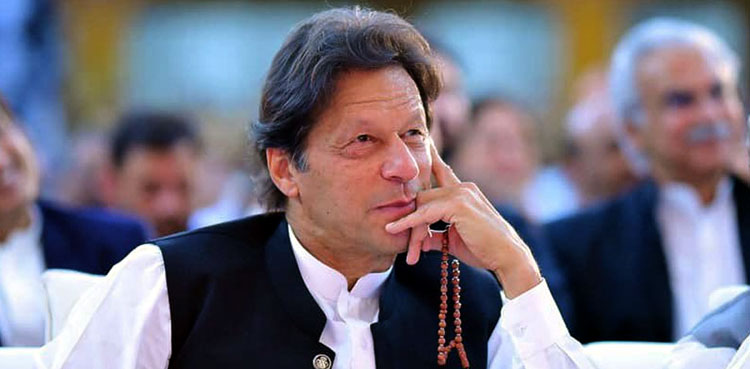South Asians for Human Rights (SAHR), a regional network of human rights defenders, expresses concern over the timing and purpose of the Pakistan Prime Minister Imran Khan’s two days visit to Sri Lanka on 22 February 2021 which coincides with the virtual launch of 46th session of UN Human Rights Council (UNHRC), where it is reported that a new resolution on Sri Lanka will be discussed based on the report by the High Commissioner for Human Rights mandated by 40/1(2019). This is also at a time when the Government of Sri Lanka (GoSL) has been criticised for forcibly cremating the corpses of COVID infected Muslim persons against WHO guidelines.
SAHR believes that the Prime Minister’s visit is to garner support from the Organisation of Islamic Cooperation (OIC) to vote against a resolution on Sri Lanka that is due to come up on 23 February 2021. Further, Prime Minister Khan, during his visit, is expected to address the human rights concerns of Muslims and will hold talks with key government officials and party leaders. SAHR learns that the Prime Minister of Sri Lanka has made an announcement to allow burial of janasa of the COVID 19 infected Muslims instead of cremation, which the government later described as merely the personal view of the Prime Minister. While commending PM Khan’s willingness to address the issues faced by the Sri Lankan Muslim minority during his visit, we are also apprehensive of the impact these talks would have on the Tamil minority in the country.
In February 2020 the GoSL informed the UNHRC of the decision to withdraw its co-sponsorship of resolutions 30/1, 34/1 and 40/1, which calls for a process of transitional justice promoting reconciliation, accountability and human rights, and instead, to pursue a domestically designed and executed reconciliation and accountability process. Support from Pakistan and other countries would permit the Sri Lankan government to deliberately bypass the proper process of transitional justice deserved by the victims who are mainly the Tamil and Muslim minorities in the country.
Prime Minister Khan’s visit marks a remarkable bilateral moment for the two countries but it is also important to reflect on the common human rights issues concerning Sri Lanka, Pakistan and the South Asian region Numerous restrictions on people’s freedom of expression and right to peaceful protest are common across the region. The increase in nationalism and religious extremism leading to marginalization of minorities, shrinking civic space, journalists and media personnel being specifically targeted by state and non-state authorities and activists, human rights defenders and opposition members vilified and detained without due process and persecuted through the misuse of the laws and undue influence of executive powers are rampant in South Asia. Indian climate activist Disha Ravi’s arrest is the latest example for the rapid degradation of human rights.
Moreover, there have been numerous instances of people’s rights and respect for democratic values been blatantly violated by the governments using the pandemic containment as a facade. In Pakistan as well as Sri Lanka the intensification of militarization and especially the military leading the COVID 19 containment measures as well as the civil administration, business and other aspects of civilian life have further reduced freedoms and civil liberties enjoyed by the people of South Asia. The agony and suffering faced by the minorities in Pakistan and the use of the draconian blasphemy laws have sometimes pushed them to become refugees in neighbouring countries. The ruthless measures taken to curb the students’ movement and Pashtun peoples’ movement without attempting to find sustainable solutions to their problems raises concerns of PM Khan’s legitimacy to address issues of the Muslim minority in Sri Lanka.
We believe that such bilateral occasions should not be used to address issues of one minority community while overlooking the concerns of another. Therefore, SAHR calls upon the Governments of Pakistan and Sri Lanka to respect the rights of all minorities guaranteed in the constitutions and to resolve and address their concerns while providing equal treatment to all.
We further urge the governments of Sri Lanka and Pakistan to use this occasion to celebrate the true South Asian camaraderie while working together to address human rights concerns of all citizens in the region.
On behalf of the members of South Asians for Human Rights,
Dr. Radhika Coomaraswamy
Chairperson
Dr. Roshmi Goswami
Co-Chairperson
